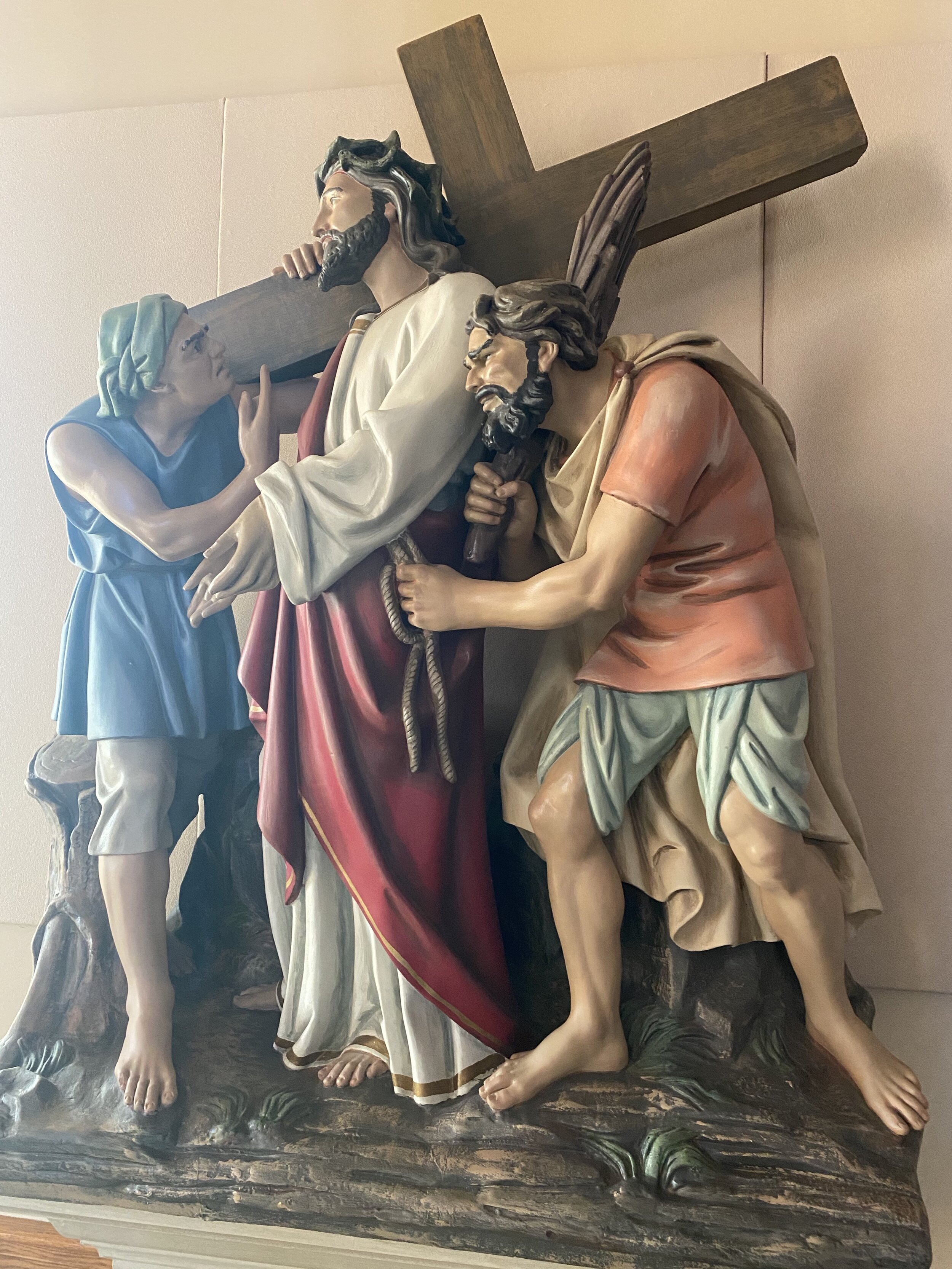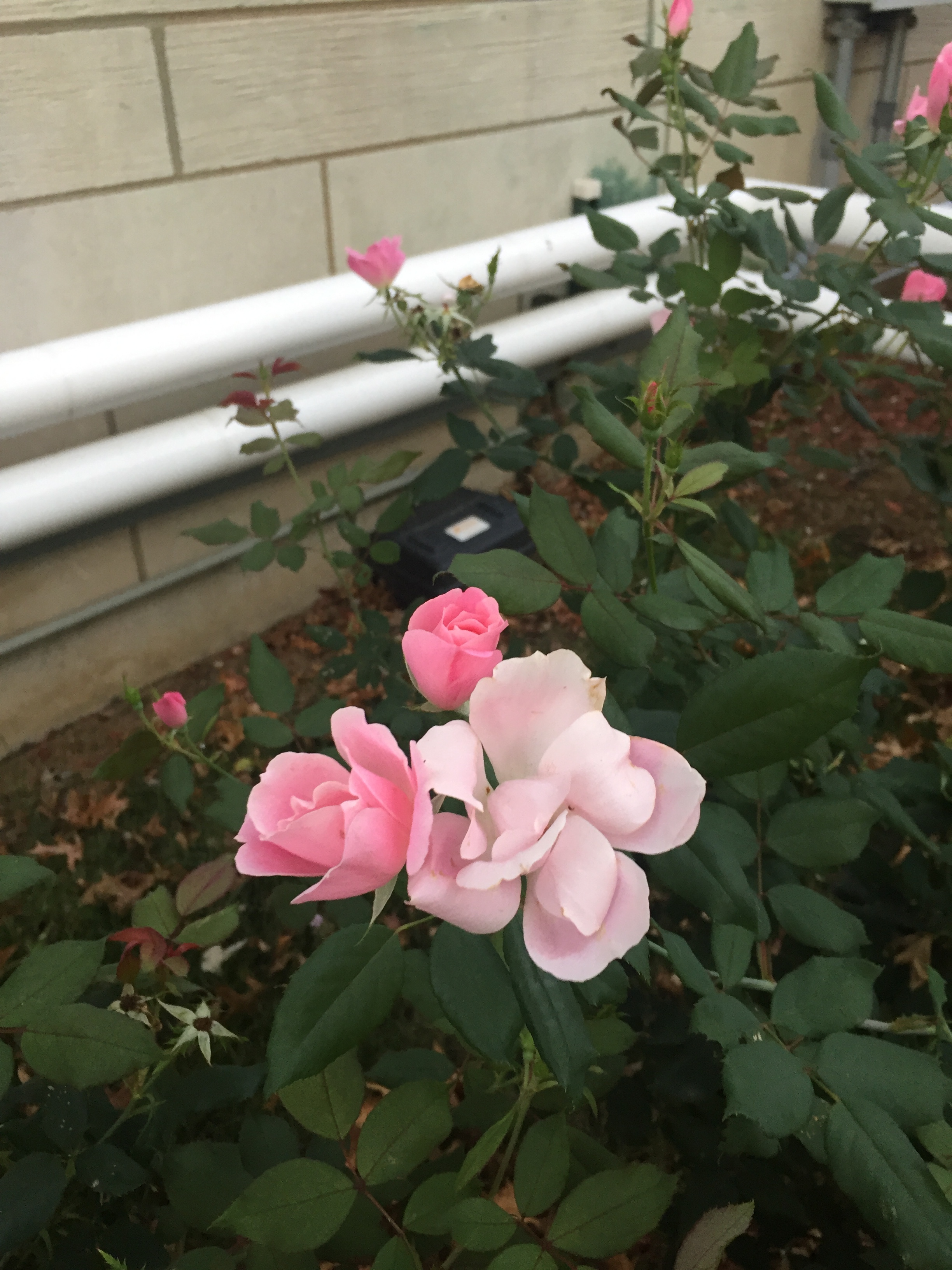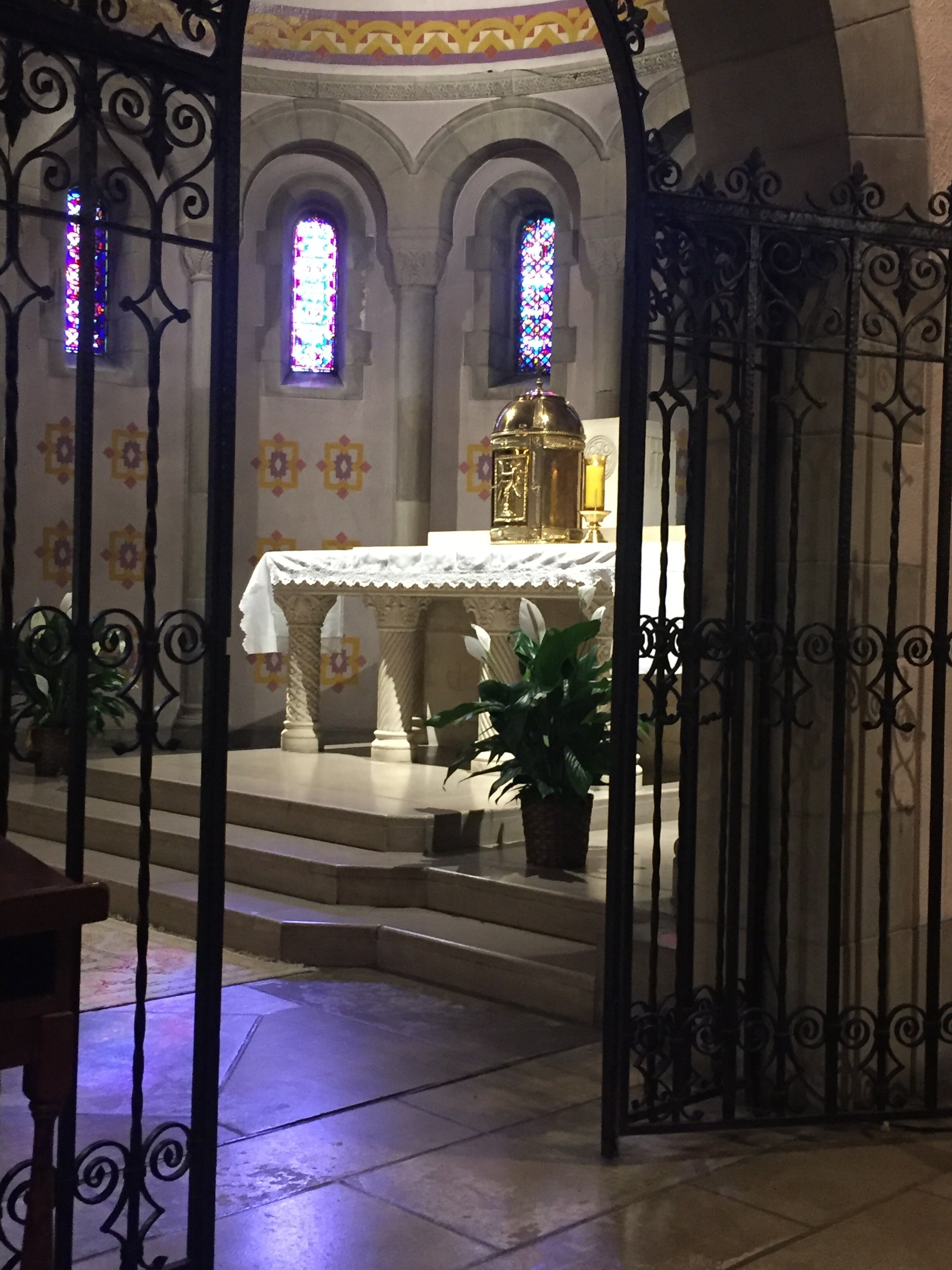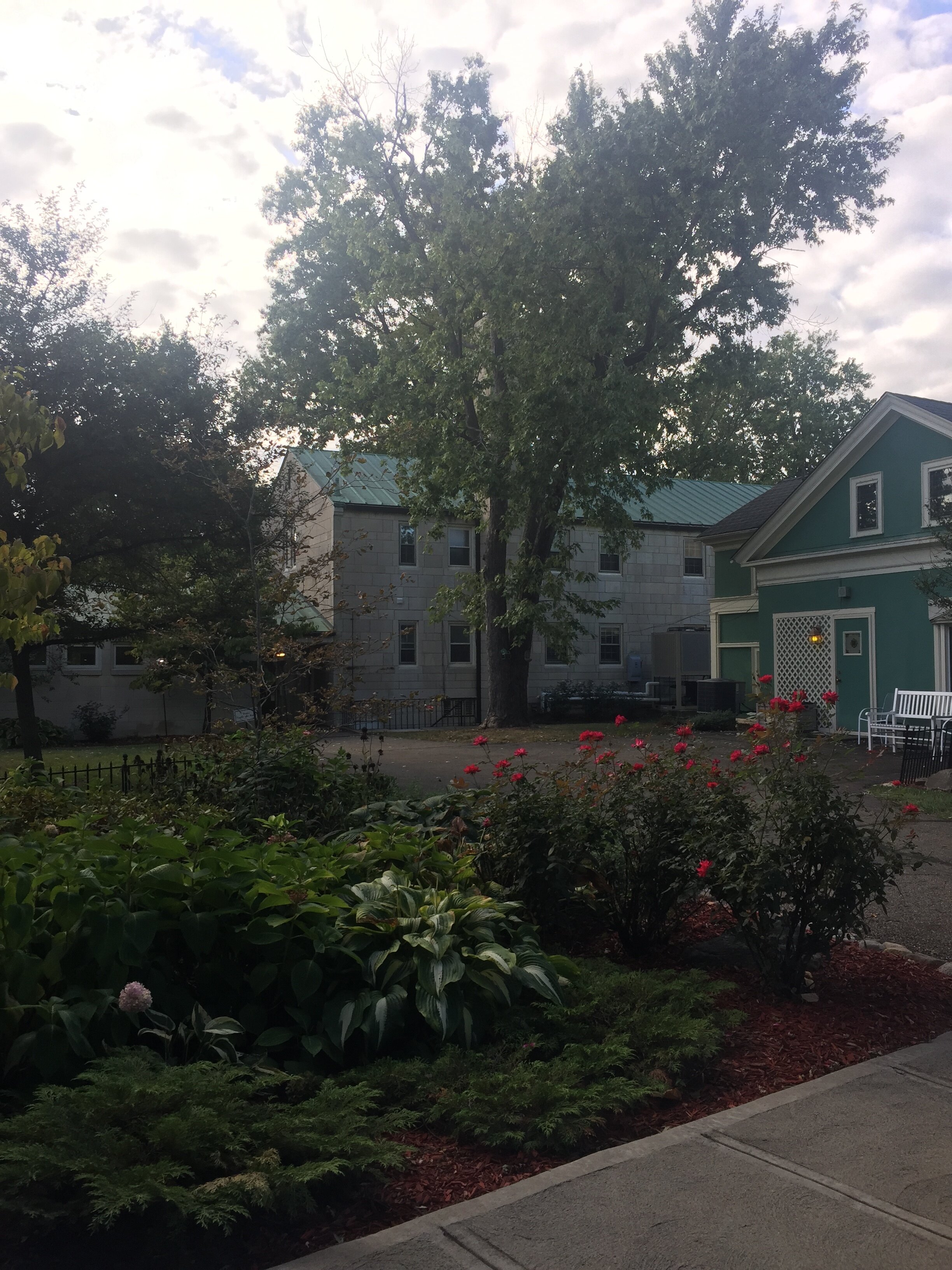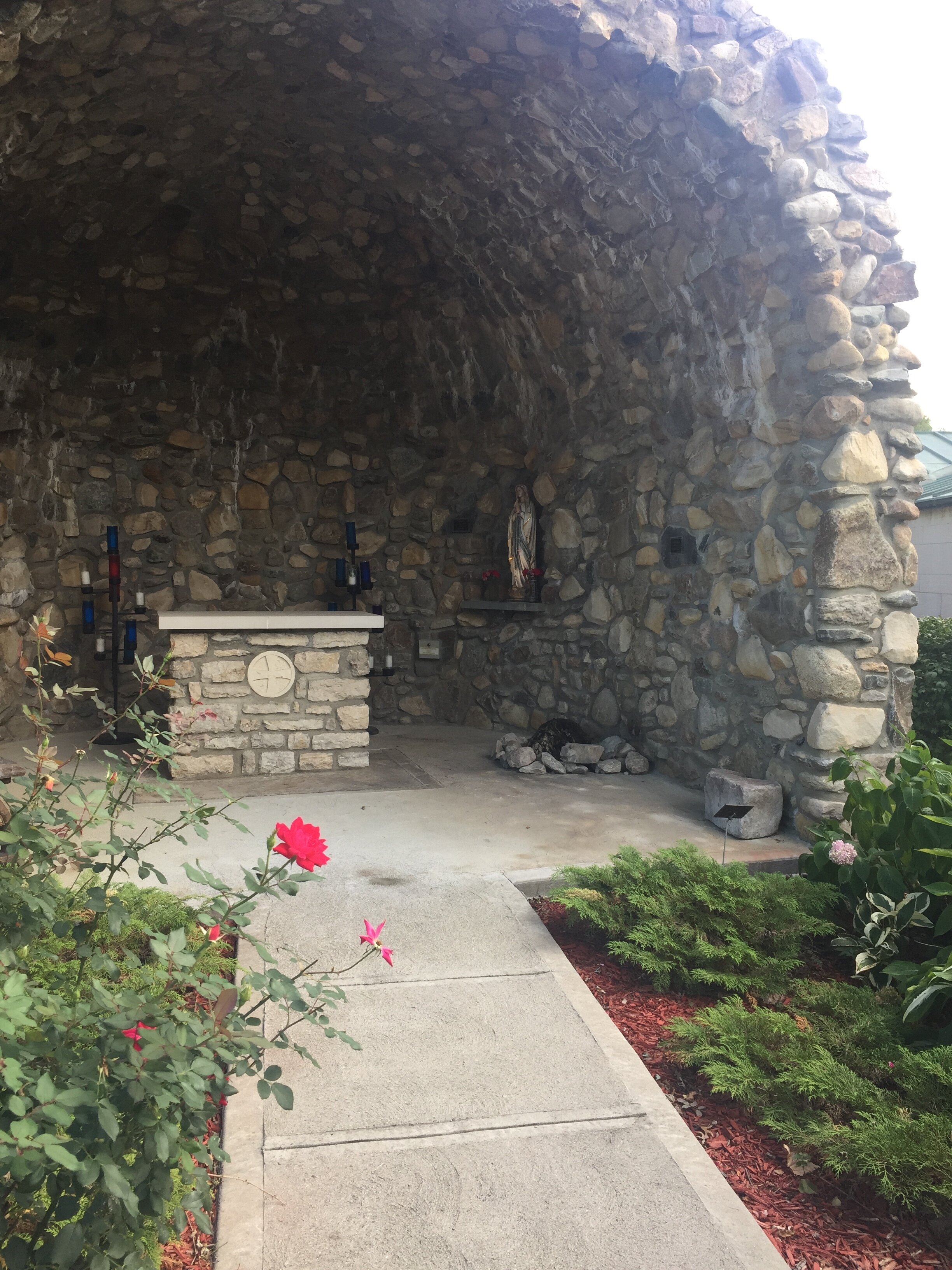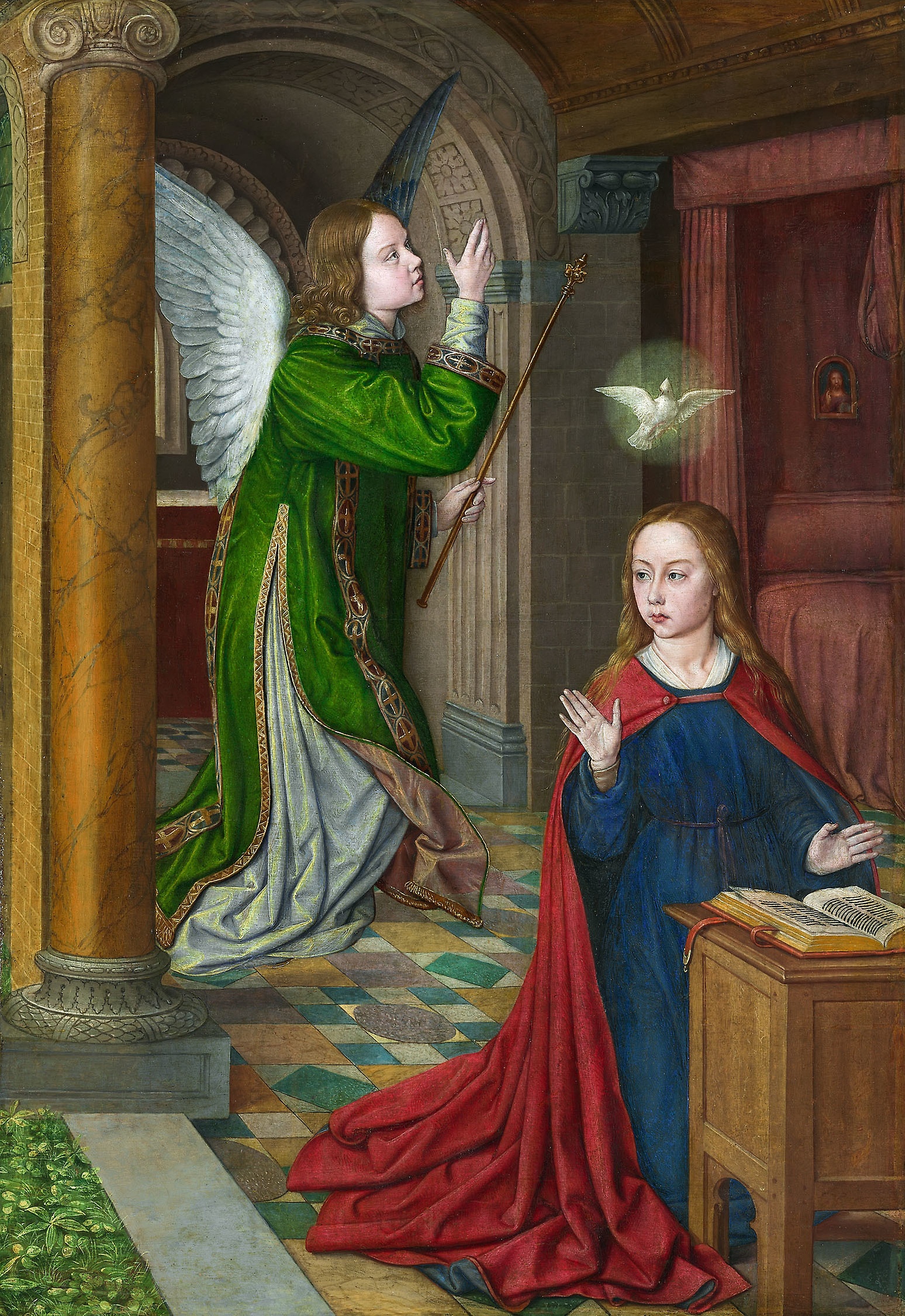-1-
Hi! Tomorrow is St. Dominic’s Day! YAYYYY!
The Virgin Mary with St. Dominic and St. Hyacinth
So pray the rosary today, because the DOMINICANS GOT IT FROM MARY. :) One of the reasons I love being a Dominican!
-II-
Sometimes I talk about bioethics here. Today is a crash course.
One of the things I get a lot of is, “Does the Church [The Catholic Church] permit organ transplants and organ donation?”
Quick answer: Yes.
“What about from brain dead people?” (aka, neurological criteria)
Answer: yes
This…is a point of contention for some Catholics.
The National Catholic Bioethics Center talks about this all in detail. Here, to make it one-stop shopping, I am listing the following for you!:
organ donation: Church documents, Ethics & Medics, FAQ and Summaries, podcasts, Press Releases and News, Statements, book store items
the most important, and probably useful thing, to most of you, is this: FAQ On the Determination of Death Using Neurological Criteria.
-III-
So, if you don’t want to read all that…..cut and paste!
What is brain death?
“Brain death” refers to the medical judgment that a person is dead, determined by neurological criteria. Properly diagnosed, brain death means the complete cessation of all organized neurological activity throughout the entire brain, including the cerebrum, cerebellum, and brain stem. When all brain activity has ceased, the body irrevocably ceases to function as a unified whole. The appropriate phraseology here is “the determination of death using neurological criteria.”
It is appropriate to use this criteria?
The customary criteria for determining death are "cardio-pulmonary," i.e., death is declared after breathing and heart-beat cease. Technological advancements in critical care, however, have made continued circulation and respiration possible through mechanical means even after brain function has ceased. The use of neurological criteria for the determination of death can be legitimate according to the Catholic Church. In an address he gave to the [18th International Conference of Organ Transplant Specialists][1] in August 2000, Pope Saint John Paul II observed that their application, if rigorous, “does not seem to conflict with the essential elements of a sound anthropology.” He further stated that “a health-worker professionally responsible for ascertaining death can use these criteria in each individual case as the basis for arriving at that degree of assurance in ethical judgement which moral teaching describes as ‘moral certainty.’ This moral certainty is considered the necessary and sufficient basis for an ethically correct course of action.” Neurological criteria consist of three basic signs: deep coma or unarousable unresponsiveness, absence of cerebral and brain stem reflexes, and apnea. Pope Pius XII and Pope John Paul II both said the Church has no competency in determining death; this properly belongs to medical science. [1]: http://www.vatican.va/content/john-paul-ii/en/speeches/2000/jul-sep/documents/hf_jp-ii_spe_20000829_transplants.html
Can a Catholic receive an organ transplant?
Yes, a faithful Catholic may receive organs from a donor who is declared dead by neurological criteria. A faithful Catholic may also make provisions for the donation of his own organs in the event of his death whether it is determined by cardio-pulmonary or neurological criteria. Reasonable doubts about the rigor with which the determination of death would be made, however, may warrant caution.
Now, note that last part. In some places, like China, organ harvesting takes place in, um, less that salubrious ways. (To put it REALLY mildly.) So yeah, if you’re in a. place where there was be questions about this…..then yes. You can ask. You can say you don’t want a transplant.
I can say, myself, that if the Church said no to transplants, I would not have gotten one. Full stop. End of discussion. I’m dead serious. (Really, dead serious, because I would’ve…been dead! Oh, my black humor sometimes.)
-IV-
OK I think we’re done with the serious now. :) But yes, the Church, like the rabbi said in Fiddler on the Roof, has a position on everything! :)
(In Fiddler, it’s, “Rabbi, Is there a blessing for the Czar?” “There is a blessing for everything my son!…May God bless and keep the czar….far away from us!” )
Check the Catechism. In fact, you do have a Catechism at home, right????? (Because seriously, you should.)
-V-
I didn’t do a yarn along this week, but next week! Yarn! But here’s a peek at Patty’s baby blanket….
-VI-
If you want a signed book, email me; they’re $20 and include a book mark, prayer card, AND shipping! It’s time to start thinking about Christmas! :) :) I also have an ebook!
-VII-
Book club is still happening! My BGLs have been nuts so it’s sort of thrown off the schedule, but it you want to jump in, you can! All the previous videos are on my Facebook page. On Tuesday we’ll be meeting at 3:00 EST!








